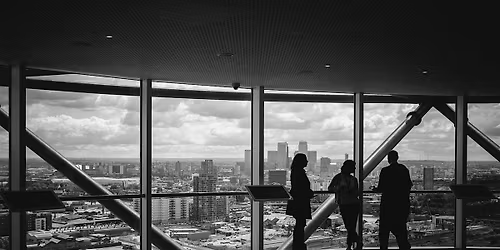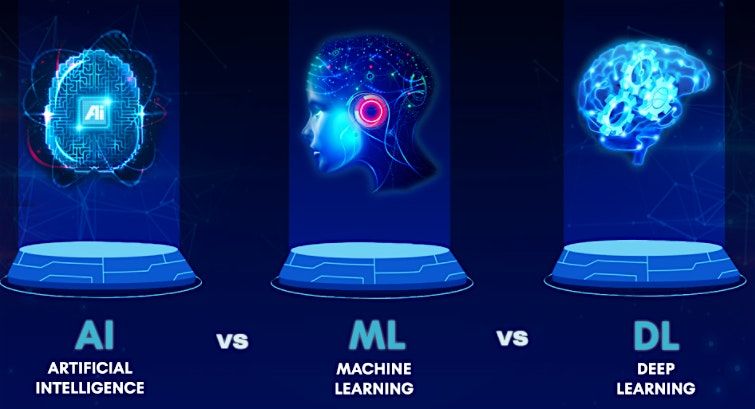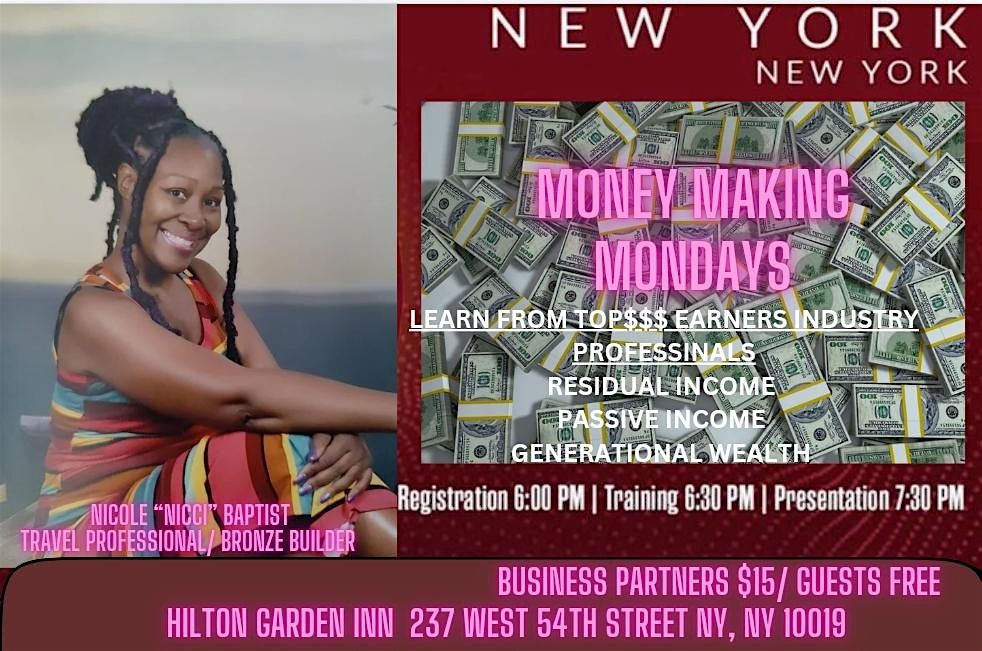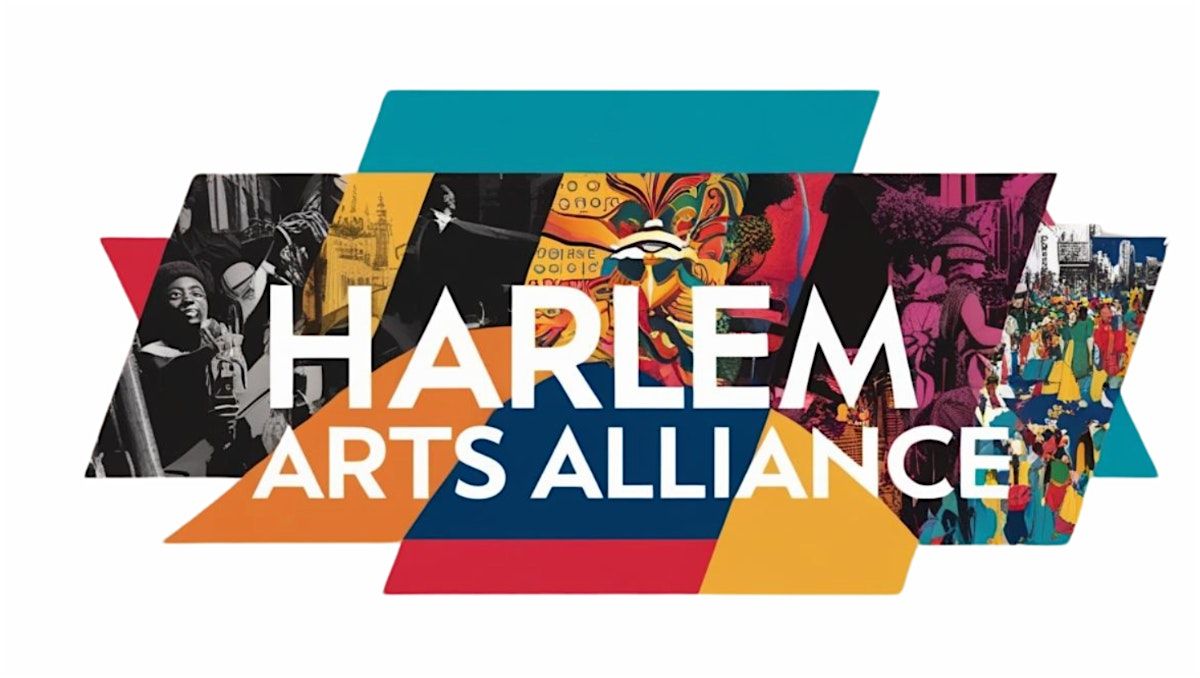Celebrating Recent Work by A. Tunç Şen
Schedule
Mon Sep 29 2025 at 06:00 pm to 07:00 pm
UTC-04:00Location
Heyman Center for the Humanities | New York, NY
About this Event
By A. TUNÇ ŞEN
Forgotten Experts offers a history of Ottoman court astrologers and traces their shifting authority and prestige over the long sixteenth century. These individuals served the Ottoman court with their expertise in mathematical, astronomical, and astrological sciences, distinguishing themselves from other occult practitioners and esoteric specialists. While both prophecy and prognostication are attempts to map the terrain of the future, the astrologers' work did not claim spiritual weight as a prophecy but relied instead on methods of prediction developed from data and patterns elaborated through technical and scientific writings.
Drawing on extensive manuscript and archival records written in Ottoman Turkish, Persian, and Arabic, A. Tunç Şen writes a history of science, state formation, and bureaucracy within the overarching tale of Ottoman imperial formation and protocols. He invites readers to follow Ottoman court astrologers' fluctuating careers as practitioners of a contentious science and shows how this class of learned individuals constructed its scientific authority despite numerous cultural, societal, and epistemic challenges. In understanding the expertise of court astrologers, we gain insight into the intricate social relations established and maintained between the men of knowledge and the men of rule, between expertise and statecraft, in the early modern Ottoman imperial context.
About the Author
is an Assistant Professor of History. He specializes in the history of the Ottoman Empire and its many connections with the early modern world. As a social and cultural historian of intellectual practices, Şen primarily focuses on how people perceived the world, the frameworks into which they fit information and beliefs, and the social, political, economic, and emotional structures that shaped and were shaped by their ways of knowing.
About the Speakers
is a Professor of Sociology. His field encompasses sociological research on science, medicine, professions, intellectuals and knowledge, especially as these intersect with political and legal institutions. He is interested in what scientists and professionals do, but also in how ordinary people as “lay experts” put together novel forms of expertise. Focusing on “expertise” also means that in his research, he is interested not only in who is considered an expert, but also in what is necessary to be in place for the expert performance of a task. Currently, he is especially interested in the causes and dimensions of the contemporary mistrust of experts.
is the Ira D. Wallach Professor of History. He specializes in modern Greece, 20th-century Europe, and International History. His current interests include the historical evolution of the Greek islands in the very long run. His most recent books are The Greek Revolution: 1821 and the Making of Modern Europe (2021) which won the Duff Cooper Prize and What You Did Not Tell: A Russian Past and the Journey Home (Other Press, 2017), a family history. He is Stavros Niarchos Foundation Director of the Columbia Institute for Ideas and Imagination, which opened at Reid Hall in Paris in fall 2018 and which brings together scholars with leading artists, writers, composers and film-makers from around the world.
Pamela H. Smith, Seth Low Professor of History at Columbia University, is founding Director of the Center for Science and Society and its cluster project the Making and Knowing Project (www.makingandknowing.org). Her books, including The Business of Alchemy (1994), The Body of the Artisan (2004), and From Lived Experience to the Written Word: Reconstructing Practical Knowledge in the Early Modern World (2022), investigate craft and practice as a way of knowing. She has collaborated on edited volumes that treat the history of practice, embodied knowledge, and material culture. Other collaborations include the Making and Knowing Project’s multiyear creation of Secrets of Craft and Nature in Renaissance France (2020), immersion courses in traditional Thai weaving, human-natural interactions in the minescape, and interdisciplinary workshops. She is now collaborating on a new project on longue durée histories of socio-natural sites of pre-industrial industry.
the Professor of Arab Crossroads and the head of Arab Crossroads Studies at NYU Abu Dhabi. His research interests focus on the intersection of law, science, and theology in the pre-modern Muslim Middle East. His first book was a comparative intellectual history of Muslim and Christian understanding of contagion, especially in the context of the plague, entitled Infectious Ideas: Contagion in Pre-Modern Islamic and Christian Thought in the Western Mediterranean (Johns Hopkins University Press, 2011). His book on the social status of the natural sciences in early modern Morocco, entitled Revealed Sciences: The Natural Sciences in Islam in Early Modern Morocco (Cambridge University Press), was published in 2021, and the first volume of his edition and translation of al-Yusi’s (d. 1102/1691) Discourses appeared with the Library of Arabic Literature in 2020. He is currently working on the second volume of The Discourses and together with a group of students, is engaged in a long-term project to establish a searchable database of all cataloged Moroccan manuscripts.
NOTE: If you are a Columbia/Barnard affiliate with campus access, please use your Columbia/Barnard email when registering.
All external guests must have their OWN registration and email address.
Please email [email protected] to request disability accommodations. Advance notice is necessary to arrange for some accessibility needs. This event will be recorded. By being present, you consent to ISERP and the SOF/Heyman using such video for promotional purposes.
Where is it happening?
Heyman Center for the Humanities, East Campus Residence Hall, New York, United StatesEvent Location & Nearby Stays:
USD 0.00




















